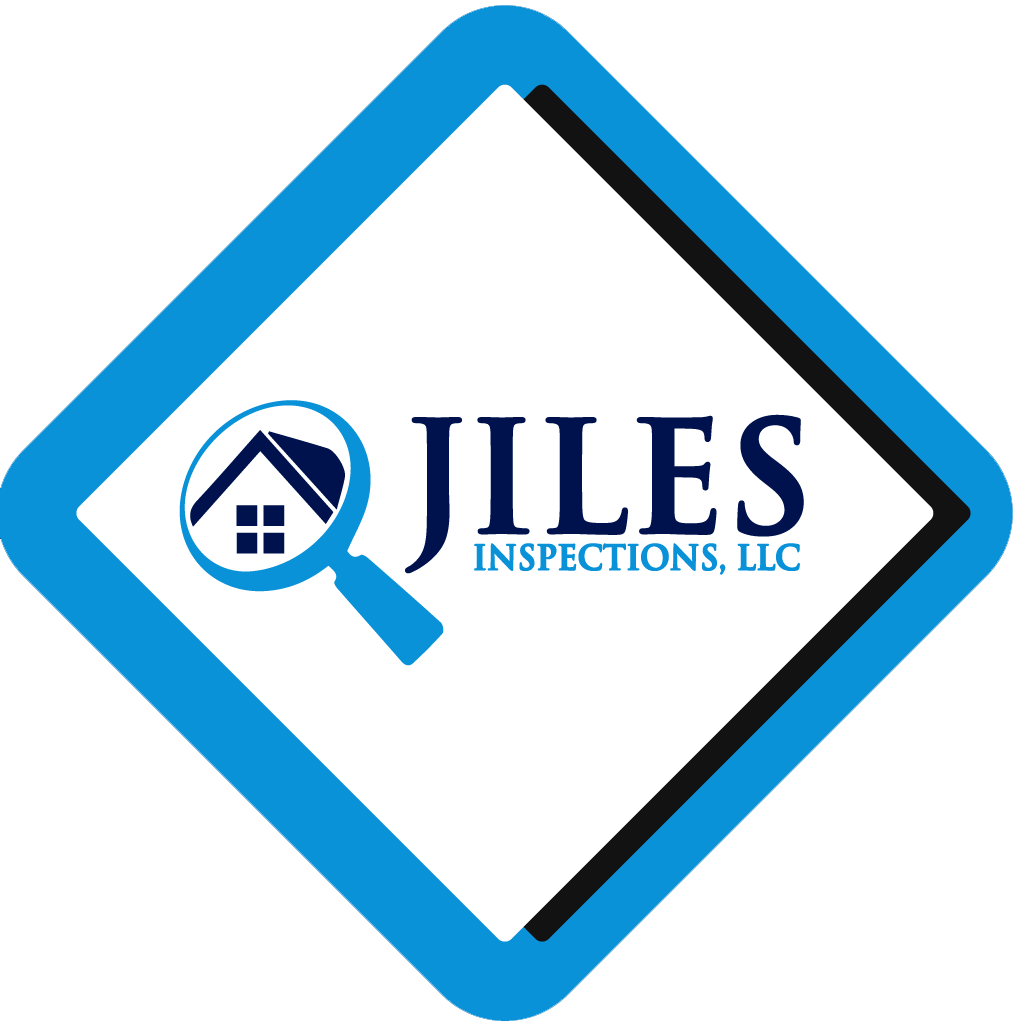
Buying a home is one of the most significant investments you’ll ever make. While falling in love with a house’s curb appeal or spacious layout is easy, hidden issues could turn your dream home into a financial nightmare. A home inspection is your best defense against costly surprises, but what happens when the report reveals major concerns?
Knowing when to walk away after a home inspection can save you thousands of dollars and years of stress. Here’s what you need to look for and when to move on to the next property.
Major Deal Breakers In A Home Inspection
While some inspection issues are minor and easily fixable, others can be costly, dangerous, or nearly impossible to resolve. Here are the top reasons to consider walking away from a home:
1. Structural Issues
Foundation problems, sagging floors, or significant cracks in walls can indicate severe structural issues. These problems often require extensive (and expensive) repairs, which may not be worth the investment.
2. Roof Damage Or Leaks
A failing roof can be very costly depending on the size and materials. It may be time to reconsider if the inspection reveals missing shingles, leaks, or signs of previous water damage.
3. Mold And Water Damage
Mold and moisture issues often indicate leaks, poor ventilation, or hidden structural damage. Mold remediation can be costly, and excessive moisture may signal deeper issues with the plumbing or foundation.
4. Termite Or Pest Infestation
A termite problem can cause thousands of dollars in hidden damage, compromising the home’s integrity. If an inspection reveals significant pest damage, moving on to a different property might be better.
5. Electrical And Plumbing Defects
Outdated or faulty electrical wiring is a major fire hazard. Similarly, plumbing problems such as leaks, corroded pipes, or poor water pressure can lead to expensive repairs.
6. HVAC System Malfunctions
Heating and cooling systems are essential, and a failing HVAC unit can be a costly fix. You must budget for a replacement if the inspection reveals an outdated or poorly maintained system.
7. Safety And/Or Code Violations
Homes with safety issues, such as asbestos, radon, lead-based paint, or outdated building codes, can pose serious health risks. Fixing these issues may require significant time and money.
When To Negotiate Vs. When To Walk Away
Not every issue means you should abandon the deal. Sometimes, you can negotiate repairs or a price reduction with the seller. Consider these factors before deciding:
- Are the issues fixable at a reasonable cost? If the problems can be addressed affordably, you might negotiate with the seller to cover repairs.
- Does the seller agree to repairs or concessions? If the seller is unwilling to negotiate or make necessary repairs, it may be best to walk away.
- Will the home meet your needs even with repairs? If fixing the issues would stretch your budget too thin, looking for a home in better condition may be smarter.
Know When To Walk Away
A home inspection provides a critical snapshot of a property’s condition. While some issues are manageable, others can be deal-breakers. Knowing when to leave after a home inspection can save you from unexpected costs and stress.
Frequently Asked Questions
1. What Happens If A Home Fails An Inspection?
A home inspection isn’t a pass-or-fail test. Instead, it highlights potential issues, allowing you to decide whether to proceed, negotiate repairs, or walk away.
2. Can I Back Out Of Buying A Home After An Inspection?
If your purchase agreement includes an inspection contingency, you can usually back out without penalties, especially if the inspection reveals major issues.
3. Should I Buy A Home That Needs A Lot Of Repairs?
It depends on your budget and willingness to invest in renovations. Walking away may be the best option if the repairs are too costly or extensive.
4. How Do I Negotiate Repairs After An Inspection?
You can request that the seller fix certain issues, provide a credit towards repairs, or reduce the home price. Working with your real estate agent can help you navigate negotiations.
5. What If The Seller Won’t Make Repairs?
If the seller refuses to make repairs or offer a credit, you’ll need to decide if the home is still worth purchasing at its current condition and price.
Need A Reliable Marietta Home Inspection? We’ve Got You Covered!
Whether buying or selling a home, a professional inspection is a must. Our experienced home inspectors will give you a detailed, unbiased report to help you make an informed decision. Schedule your home inspection today and protect your investment!


